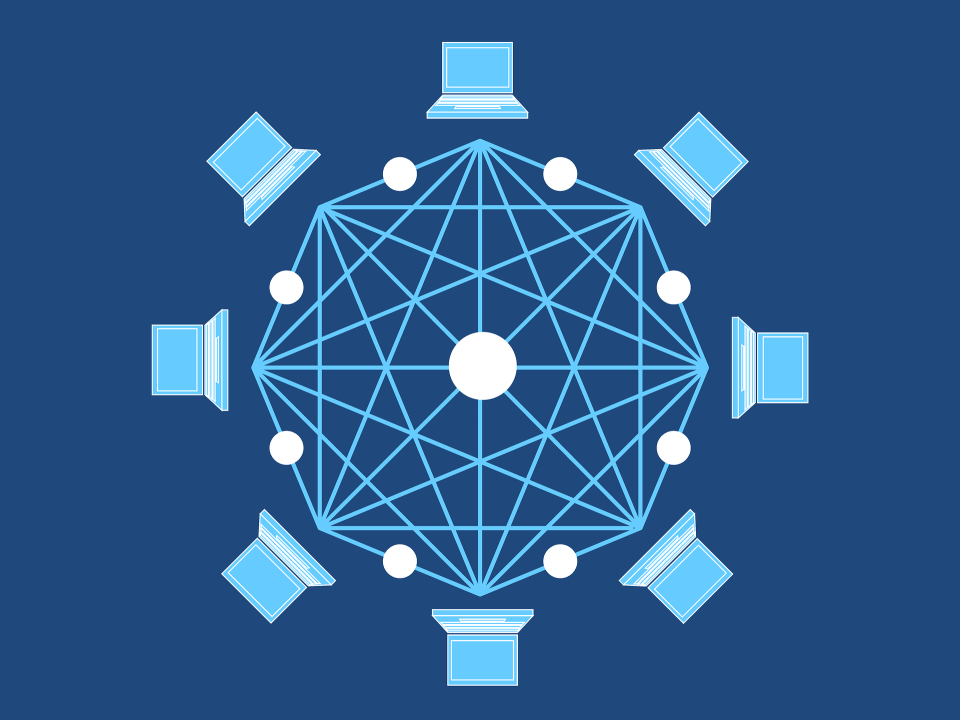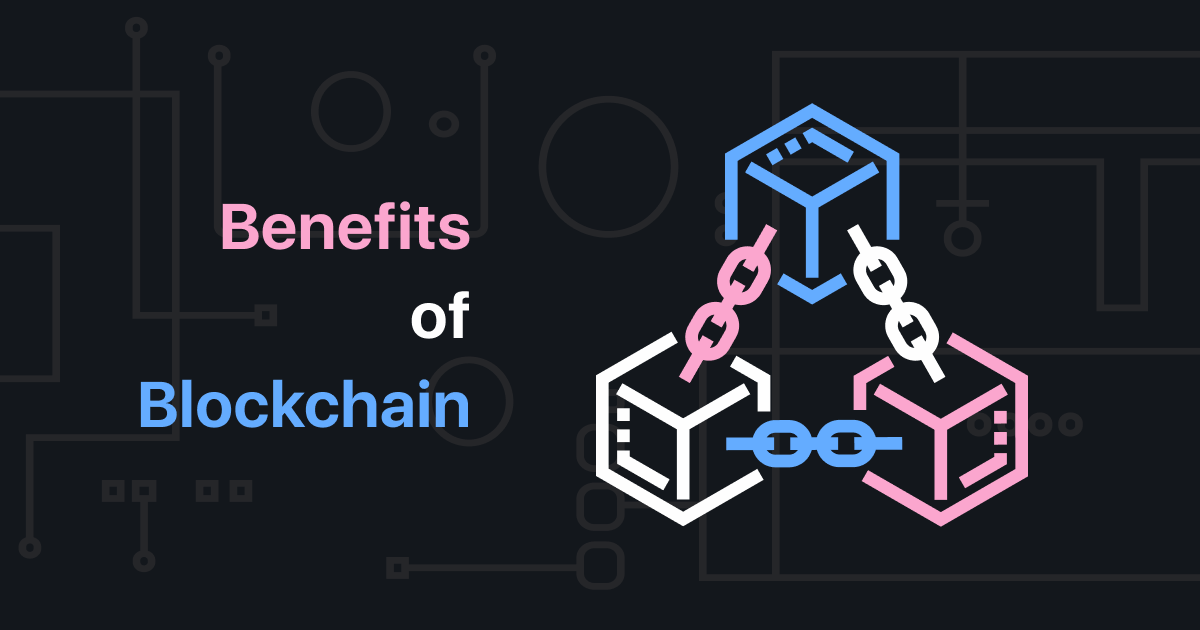In the rapidly evolving world of digital finance and technology, security remains a top concern for individuals and organizations alike. Blockchain technology has emerged as a revolutionary solution to many security challenges, offering decentralized, transparent, and tamper-proof systems. However, even blockchain systems need to be bolstered with additional layers of security to protect against sophisticated threats. This is where Decentralized Physical Infrastructure Networks (DePIN) come into play. In this blog, we will explore DePIN’s role in blockchain security, understanding how it enhances the safety and integrity of blockchain ecosystems.
Understanding DePIN
What is DePIN?
DePIN, or Decentralized Physical Infrastructure Networks, is a concept that extends the principles of decentralization beyond digital realms and into the physical world. It refers to networks where physical infrastructure, such as servers, nodes, or sensors, are decentralized and controlled by a community rather than a single entity. This decentralization ensures that no single point of failure exists, making the network more resilient to attacks.
The Core Principles of DePIN
DePIN operates on several core principles that align closely with those of blockchain technology:
- Decentralization: Like blockchain, DePIN distributes control across multiple nodes, ensuring no single point of failure.
- Transparency: Operations within a DePIN are transparent and can be verified by any participant, enhancing trust.
- Security: By decentralizing physical infrastructure, DePIN mitigates risks associated with centralized systems, such as targeted attacks or data breaches.
- Autonomy: DePINs are self-regulating and do not rely on centralized authorities, which reduces the risk of manipulation or control.
The Intersection of DePIN and Blockchain
How DePIN Complements Blockchain Technology
Blockchain technology is already known for its robust security features, including cryptographic hashing, consensus algorithms, and decentralized ledgers. However, DePIN adds another layer of security by decentralizing the physical infrastructure that supports blockchain networks. This combination creates a more secure and resilient system that can withstand various types of attacks.
For instance, in a traditional blockchain network, if the physical servers hosting the nodes are compromised, the entire network could be at risk. With DePIN, these servers are spread across a decentralized network, making it much harder for attackers to target and compromise the system.
Enhanced Security through DePIN
DePIN’s role in blockchain security is multifaceted. It enhances security by:
- Reducing Single Points of Failure: By decentralizing physical infrastructure, DePIN eliminates single points of failure, making the network more robust.
- Increasing Redundancy: DePIN networks are inherently redundant, ensuring that even if one part of the network fails, the rest can continue to operate securely.
- Mitigating DDoS Attacks: Distributed Denial of Service (DDoS) attacks are a common threat to centralized systems. DePIN’s decentralized nature makes it much harder for attackers to overwhelm the network.
- Strengthening Data Integrity: DePIN ensures that data stored and processed within the network is secure and tamper-proof, maintaining the integrity of the blockchain.
Key Benefits of DePIN in Blockchain Security
1. Enhanced Data Privacy
One of the most significant benefits of DePIN’s role in blockchain security is the enhancement of data privacy. In centralized systems, data is often stored in large, vulnerable databases that can be targeted by hackers. DePIN, on the other hand, ensures that data is distributed across a decentralized network, making it much more challenging for attackers to access or compromise sensitive information.
2. Improved Scalability
Scalability is a critical issue in blockchain networks, especially as they grow in size and complexity. DePIN can help improve scalability by distributing the physical infrastructure needed to support the network. This distribution not only enhances security but also allows the network to handle more transactions and data without becoming bogged down.
3. Increased Resilience
Resilience is another key benefit of DePIN’s role in blockchain security. By decentralizing the physical infrastructure, DePIN ensures that the network can continue to operate even in the face of attacks or failures. This resilience is crucial for maintaining trust in the blockchain and ensuring that it can continue to function effectively, even in adverse conditions.
4. Cost-Effective Security Solutions
Implementing security measures can be expensive, especially for large blockchain networks. However, DePIN offers a cost-effective solution by leveraging decentralized infrastructure. By distributing the cost of maintaining the network across multiple participants, DePIN reduces the overall cost of security, making it more accessible to smaller organizations and individuals.
Investing in SRP Token aligns with DePIN’s mission to enhance blockchain security by decentralizing infrastructure and protecting against network vulnerabilities. Strengthen your portfolio with a token designed to secure the future of decentralized networks.
Real-World Applications of DePIN in Blockchain Security
1. Decentralized Finance (DeFi)
Decentralized Finance, or DeFi, is one of the fastest-growing sectors in the blockchain space. However, it is also one of the most vulnerable to security threats. DePIN can play a crucial role in securing DeFi networks by decentralizing the physical infrastructure that supports these platforms. This decentralization can help prevent hacks, data breaches, and other security issues that could undermine trust in DeFi.
2. Supply Chain Management
Blockchain technology is increasingly being used to improve transparency and security in supply chain management. DePIN can enhance these efforts by decentralizing the physical infrastructure that tracks and records supply chain data. This decentralization ensures that the data is secure, tamper-proof, and accessible to all participants in the supply chain.
Challenges and Considerations in Implementing DePIN
1. Technical Complexity
While the benefits of DePIN’s role in blockchain security are clear, implementing DePIN can be technically complex. Setting up and maintaining a decentralized physical infrastructure requires significant expertise and resources. Organizations must carefully consider the technical challenges and invest in the necessary skills and technology to ensure successful implementation.
2. Regulatory Compliance
Regulatory compliance is another important consideration when implementing DePIN. While decentralization can enhance security, it can also create challenges in meeting regulatory requirements, especially in industries like finance. Organizations must work closely with regulators to ensure that their DePIN implementations comply with all relevant laws and regulations.
3. Interoperability Issues
Interoperability is a key challenge in any decentralized system. Ensuring that different DePIN networks can work together seamlessly is crucial for maximizing the benefits of decentralization. Organizations must carefully consider how their DePIN implementations will integrate with existing systems and work to address any interoperability issues that may arise.
4. Cost of Implementation
While DePIN can offer cost-effective security solutions, the initial cost of implementation can be high. Organizations must carefully consider the financial implications of implementing DePIN and ensure that they have the necessary resources to support the network. This consideration is particularly important for smaller organizations that may have limited budgets.
The Future of Blockchain Security with DePIN
1. Evolving Security Threats
As technology continues to evolve, so too will the security threats facing blockchain networks. DePIN offers a promising solution to many of these threats, but it must continue to evolve to keep pace with new challenges. The future of blockchain security will likely see continued innovation in DePIN, as organizations work to stay ahead of emerging threats.
2. Increasing Adoption of DePIN
The adoption of DePIN is likely to increase as more organizations recognize the benefits of decentralized physical infrastructure. As this adoption grows, we can expect to see more use cases and applications for DePIN in various industries. This growth will further enhance the role of DePIN in securing blockchain networks and protecting sensitive data.
3. Integration with Emerging Technologies
Emerging technologies, such as artificial intelligence (AI) and the Internet of Things (IoT), will likely play a significant role in the future of DePIN. These technologies can enhance the capabilities of DePIN networks, making them more efficient, secure, and scalable. The integration of AI and IoT with DePIN could lead to new innovations in blockchain security, further strengthening the role of DePIN in protecting digital assets.
4. Global Collaboration and Standards
The future of DePIN will also depend on global collaboration and the development of industry standards. As more organizations and governments adopt DePIN, it will be crucial to establish common standards and best practices to ensure the success and security of these networks. This collaboration will help to create a more secure and resilient global blockchain ecosystem.
Conclusion
DePIN’s role in blockchain security is undeniable. By decentralizing physical infrastructure, DePIN enhances the security, privacy, and resilience of blockchain networks. From protecting data in services to securing financial transactions in DeFi, DePIN is revolutionizing the way we think about digital security.
As organizations continue to adopt and implement DePIN, the benefits of this technology will become even more apparent. However, it is important to recognize the challenges and considerations involved in implementing DePIN, including technical complexity, regulatory compliance, and cost. Looking to the future, the integration of emerging technologies and the development of global standards will play a crucial role in shaping the future of DePIN and blockchain security. As we continue to innovate and collaborate, DePIN will remain a vital tool in the fight against cyber threats, ensuring the safety and integrity of our digital world.
Investing in DePIN technology today is an investment in the future of secure, decentralized systems. As more industries recognize the value of DePIN’s role in blockchain security, we can expect to see continued growth and innovation in this exciting field.

 China
China Russia
Russia India
India










5 Comments